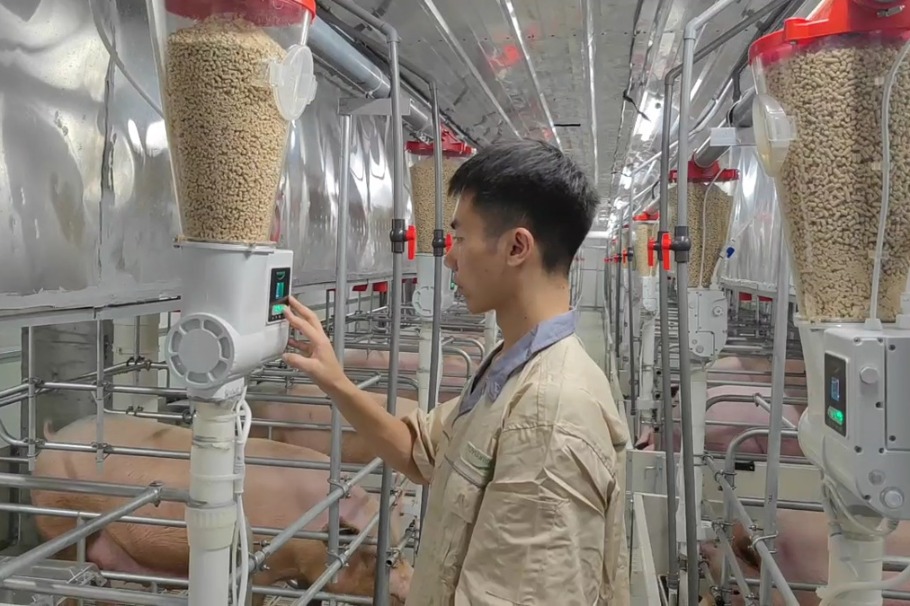Courts in Shenzhen granted authority to better protect IPR


Courts in Shenzhen, Guangdong province, are being encouraged with a set of new judicial measures to protect new-type intellectual property rights in an innovative manner.
The measures, which took effect Monday, are meant to help build the city into a demonstration area for socialism with Chinese characteristics by rule of law.
They are written by the Supreme People's Court into a guideline, showing its determination to create a sound and international business environment in Shenzhen by strengthening IP protection.
In a speech delivered at a celebration marking the 40th anniversary of the establishment of the Shenzhen Special Economic Zone last month, President Xi Jinping urged the city to develop into a pilot zone for socialism with Chinese characteristics and set an example for cities of a modernized socialist nation.
According to the guideline, courts in Shenzhen, which have seen a boom in IP-related disputes in recent years, are allowed to explore ways to safeguard IP rights in some new sectors, including artificial intelligence, life sciences technology and internet information, to further serve the city's innovation-driven strategy and development, said Yang Wanming, vice-president of the top court.
The guideline, which consists of 33 articles, is a legal step to implement the central leadership's instructions on promoting reforms and opening-up in the Shenzhen in the new era, he said.
"We hope the guideline will provide legal support for the city to better protect innovations and help it build the demonstration area," Yang said.
Guangdong resolved about one-third of the country's IP-related cases over the past few years, said Gong Jiali, president of the Guangdong High People's Court. Gong added that the provincial court had heard 165,000 IP cases from January to October, of which 60,000 were filed in Shenzhen.
The courts in Shenzhen have devised a few rules on dealing with cases relating to new and crucial technologies-including those related to biomedical and high-end manufacturing-to protect innovations, Gong said. Punishments for IP violators have also been intensified since last year.
"The amount of compensation in patent cases solved by the province's courts since 2019, for example, has risen by about 1.5 times, and compensation in more than 20 cases each exceeded 10 million yuan ($1.52 million)," he said.
To improve the business environment, courts in Shenzhen have also safeguarded legitimate rights of entrepreneurs and strengthened efforts in the battle against financial crimes, Gong said.
"In recent years, 20 private entrepreneurs have been found not guilty after judicial review, while more than 5,500 disputes on disturbing market order, including those involving illegal funding and contract fraud, have been concluded since last year," he added.
- People welcome the New Year across China
- China's railway trips expected to hit 11.5 million on New Year's Day
- Beijing: where ancient traditions meet modern marvels
- Beijing-Tianjin-Hebei 2025 celebrations shine at Zhengding county
- Multiple legal, policy measures take effect in China
- SCIA elevates global reach with launch of new English website





































